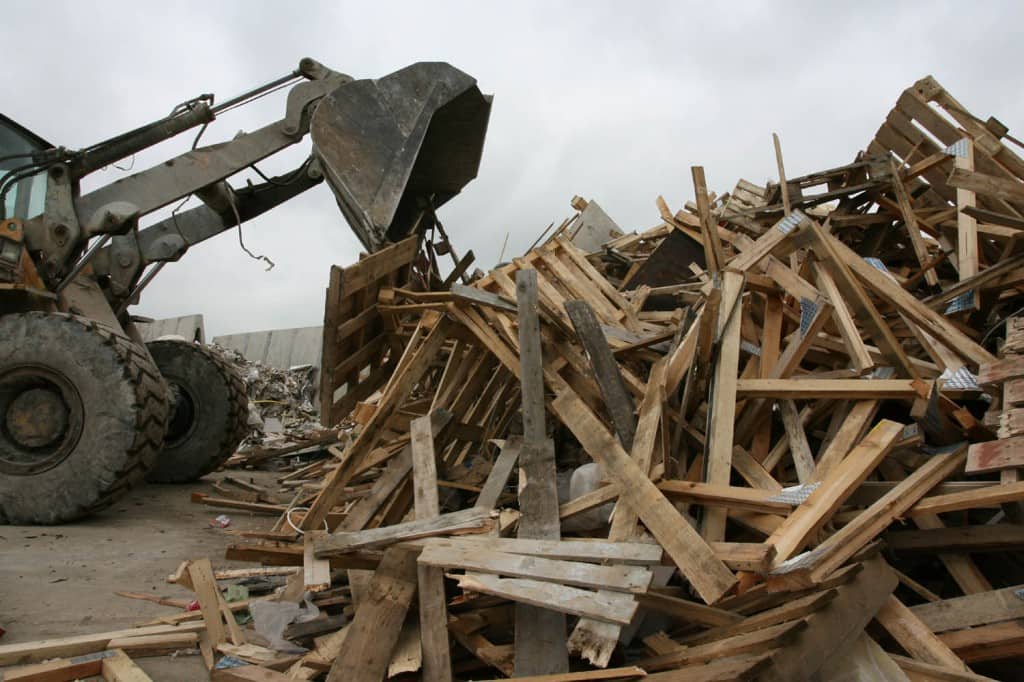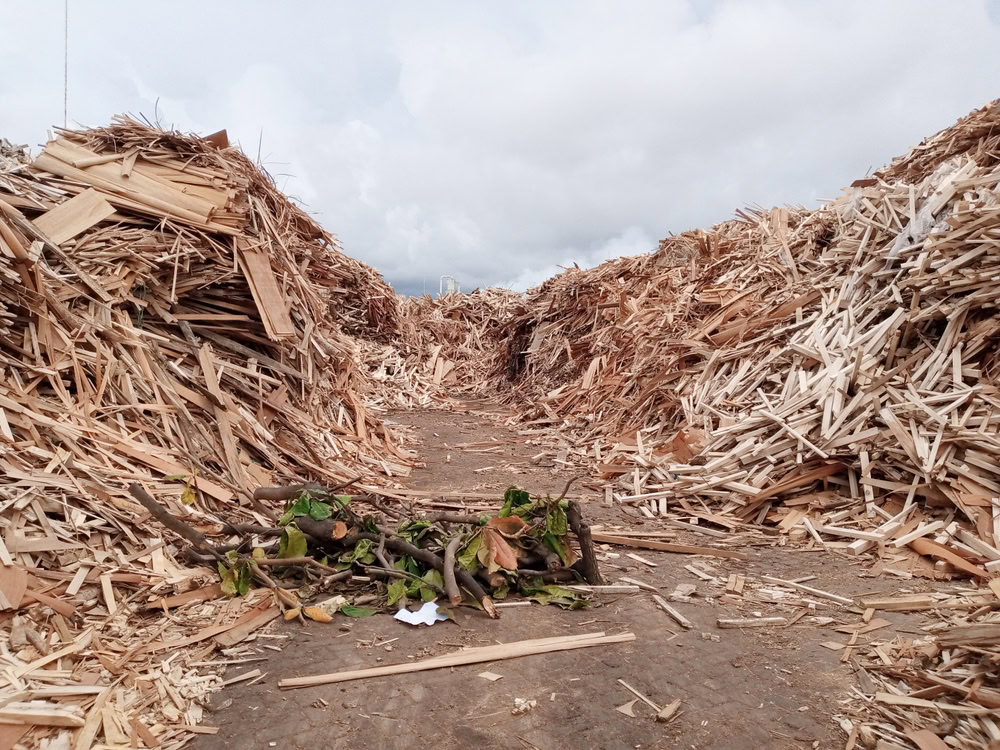Hills is one of five companies contracted by WRAP to collect wood waste not currently accumulated as part of mainstream wood recycling. The trial period began on July 15 and will run until the end of September.

Hills will trial the feasibility of allowing collection of wood waste from construction at its Lower Compton, Calne, household waste recycling centre (HWRC) site. Building trade members will be encouraged to bring their wood and non-hazardous construction waste to the facility in exchange for a nominal fee.
The company claims the results will enable WRAP determine how the development of the waste wood collection and supply chain can be supported with the aim of reducing the amount of waste wood sent to landfill.
A Hills spokesperson said: We believe that this will work best by offering small builders a complete service for all of their waste, rather than trying to get them to segregate the wood element – hence the design of the trial. We will undertake the separation of wood ourselves and feed the information back to WRAP.
The trial, which has also been undertaken by Low and Behold Ltd, MDF Recovery Ltd and National Community Wood and a fourth organisation yet to be disclosed, is focusing on four target areas identified in WRAPs Wood Waste Collection Hub Feasibility Studies published in August 2012.
The areas highlighted in the report, which evaluates possible options for wood waste recovery to contribute to the amount recaptured, include wood recovery in composting, HWRCs, collection clusters for SME wood businesses and reverse logistics for wood sector businesses.
Recovery
The report concludes that while current wood waste recovery infrastructure operates efficiently, disposal methods that do not account for the materials monetary or energy value are likely to be a result of uneconomically viable recovery routes.
It also found that a substantial amount of wood waste produced by small wood manufacturers an estimated 200,000 tonnes, is potentially available for collection even before alternative routes are considered.
The findings were reinforced recently when the Dutch Ministry of Economic Affairs called for greater harmony across EU legislation for the treatment and handling of wood waste (see letsrecycle story).
It noted that while the UKs conventional wood industry was showing signs of decline in its construction and furniture sectors, the demand for animal bedding and energy industry consumption remained strong.






Subscribe for free